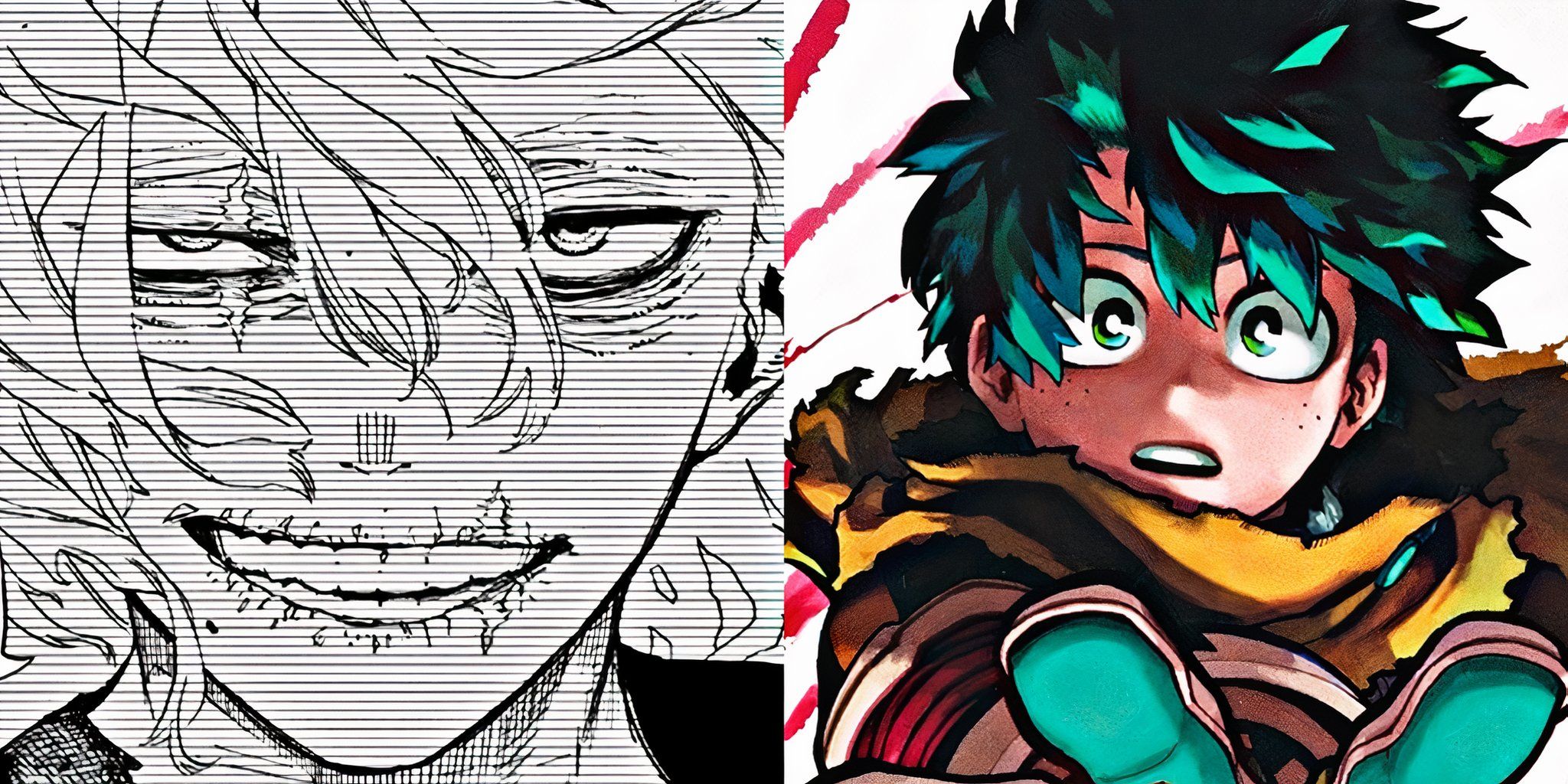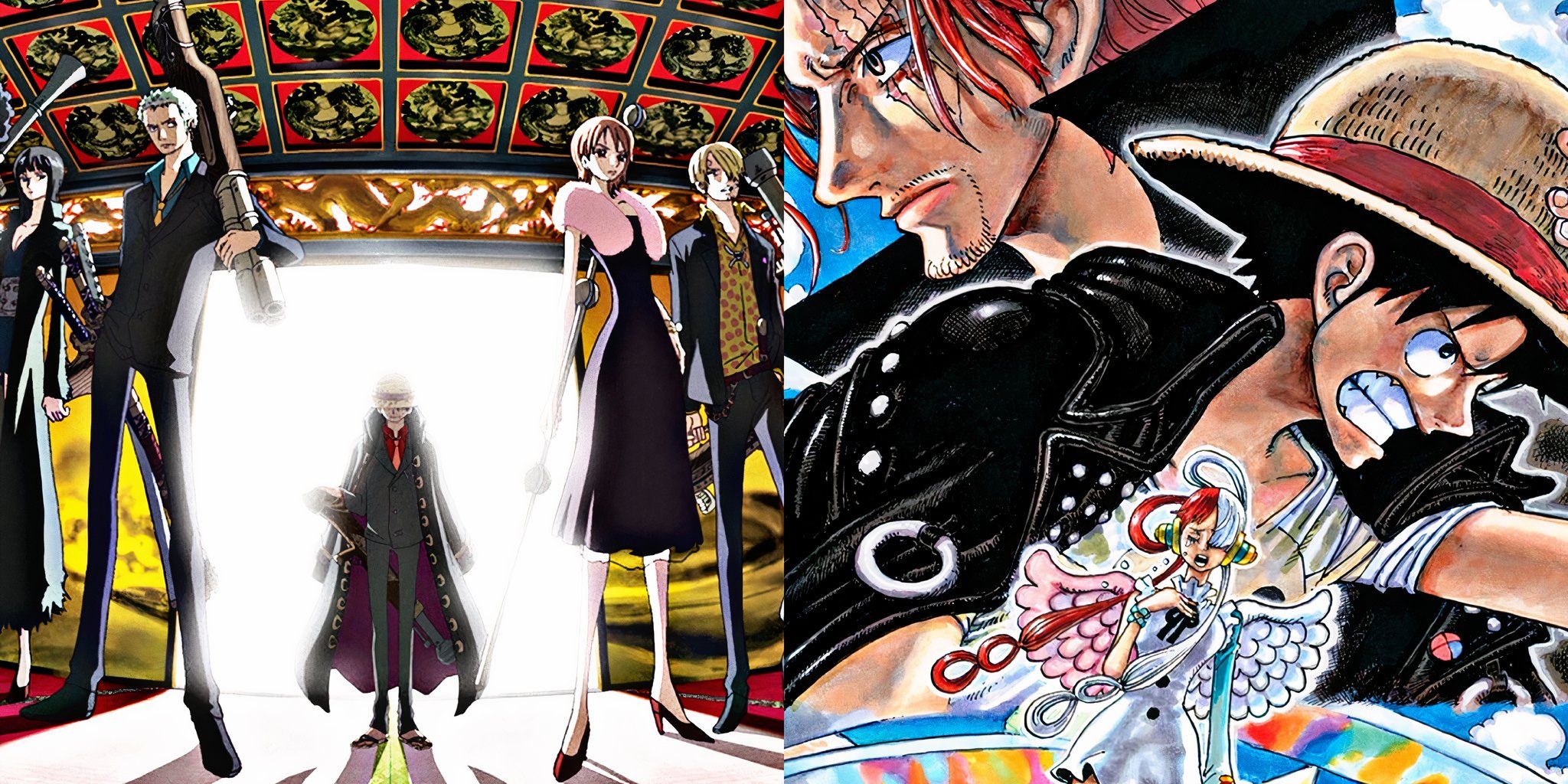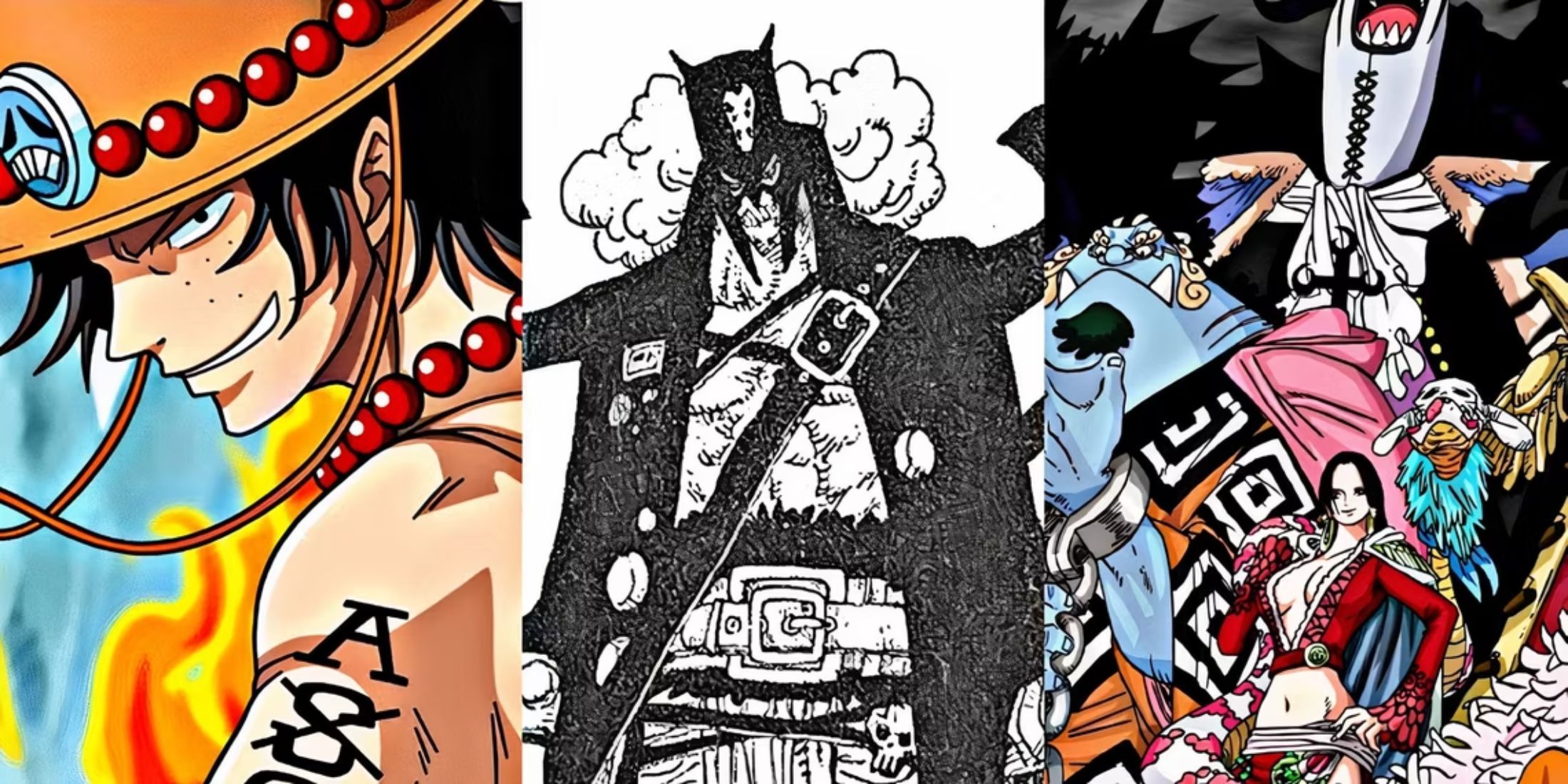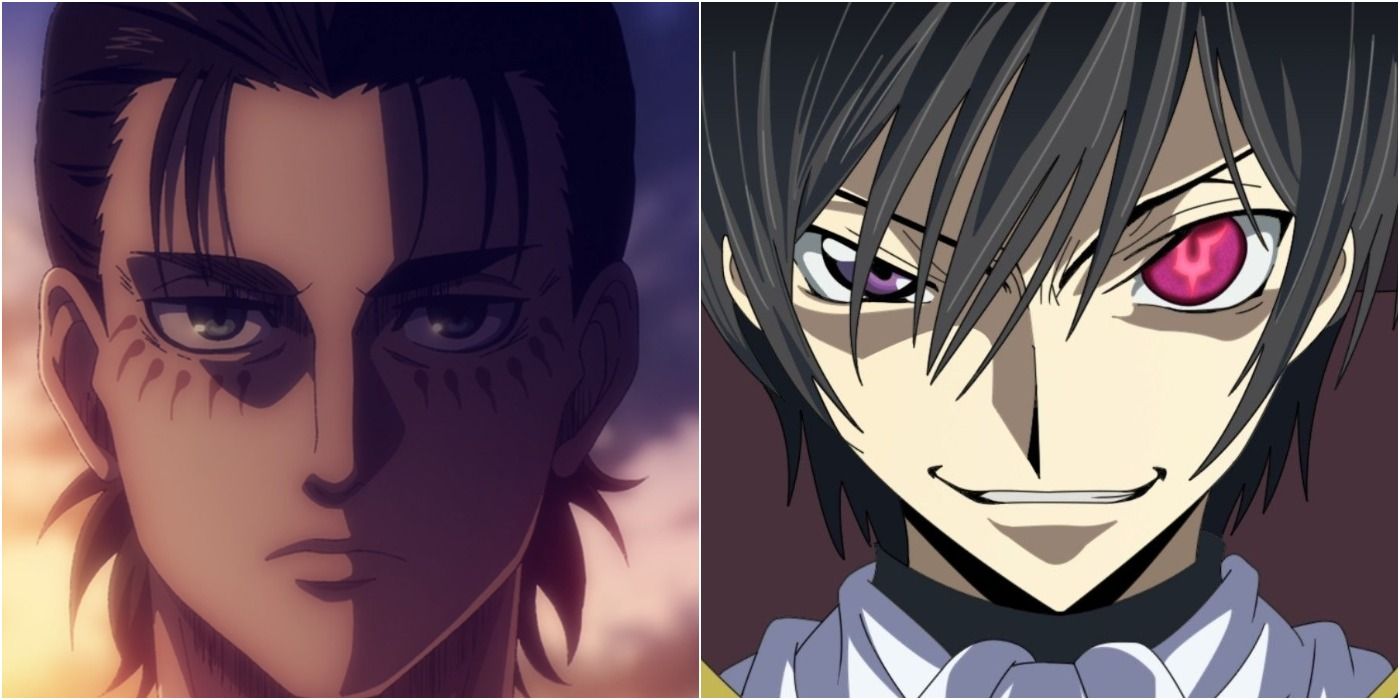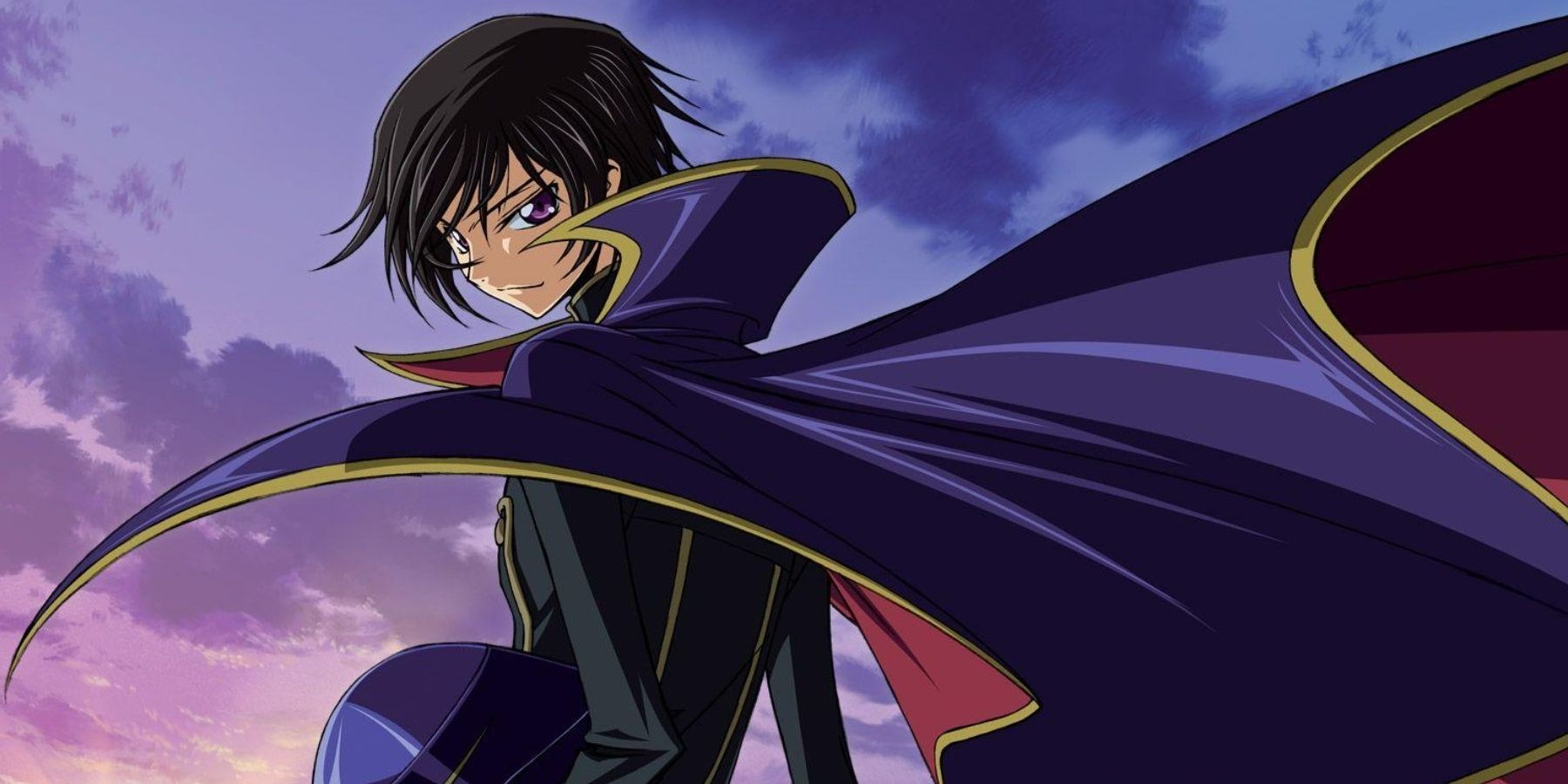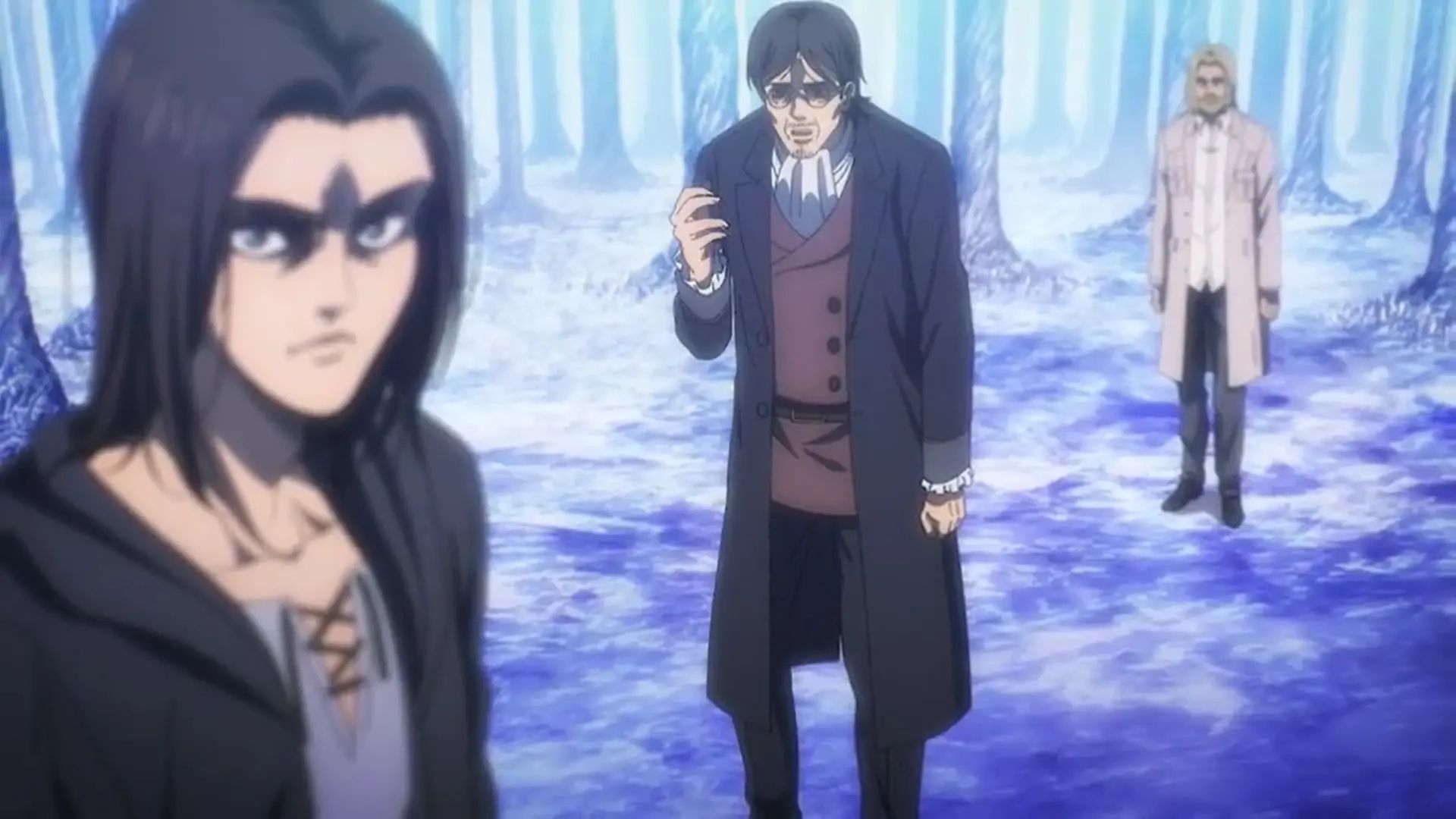Warning: Spoilers for Attack on Titan & Code Geass BelowWith Attack on Titan’s final season underway, the fast-approaching ending to the popular anime has left many fans reeling. Eren Jaeger, a typical shonen protagonist in a world where the power of friendship and talking your enemies into repenting never works, goes through a complete personality change in the final season. Eren is dedicated to starting the Rumbling, freeing the thousands of Colossal titans that form the walls that surround his home and sending them marching on the rest of the world, killing everyone in their path until the only ones left are the people of Paradis Island. A far cry from the boy who would cry over the loss of the Levi Squad and yet still intimately close to the nine-year-old who killed two men to save Mikasa Ackerman.
Eren’s actions in the final season of the show have left many confused by his reasoning, but all that becomes clear towards the end of the series. The plan was for Eren to become the evil his friends must defeat, inciting the hatred that would unite the entire world against him. He made sure to push away every ally he had and wait for his ultimate fate at their hands, all in accordance with his plan. In many ways, his actions are similar to another anime character's; Code Geass' Lelouch.
Lelouch vi Britannia
It’s rare for a protagonist to turn their back on their own ideals, morphing into the very thing they swore to defeat, and in doing so, ensure that those who defeat them become heroes. Rare, but not impossible, since Lelouch vi Britannia did it in 2007.
Code Geass: Lelouch of the Rebellion made its mark with action-packed mech battles, intense political scheming, and moral dilemmas. The protagonist, Lelouch, was constantly straddling good and evil. He possessed the power of enforcing complete obedience on others and used this to overthrow a corrupt empire and dethrone his father, the emperor, by leading a terrorist group he dubbed the Black Knights.
While both served as symbols of hope for their comrades, Lelouch and Eren interacted with them differently. In the early seasons, Eren was brash, impulsive, and constantly being kidnapped. He was a fellow soldier with an armed escort. Lelouch, on the other hand, was the undisputed leader of the Black Knights, and his orders, even without the use of his power, were absolute. This difference in their relationship gives the impression that Lelouch’s betrayal was a calculated maneuver he already had in mind eight episodes ago, while Eren’s change in demeanor seems almost akin to a personality switch.
It was in the last part of their stories when both Eren and Lelouch switched sides and seemed to betray their ideals. Lelouch crowned himself as emperor and started systematically brainwashing and murdering people in mass, becoming even worse than his father before him. He even scheduled a public execution for his Black Knights and his own sister, a parallel to Eren telling Mikasa he has always hated her and throwing all of his friends in prison. At the apex of their cruelty and insanity, the allies they had made and betrayed all banded together to put them down. It is only after their deaths that it is revealed that dying was Eren and Lelouch’s intention all along. In Lelouch’s words, they would become the point of all evil, and, in destroying them, the cycle of hatred would end.
Eren's Powers
Although the execution was similar, the motivations behind these actions differed greatly. Lelouch pushed forward to become something so hated, war would be unthinkable for at least a while. Eren, on the other hand, has a more confusing set of reasons for causing the Rumbling. Eren reveled in the destruction he caused but still accepted his expected loss, blurring the line between him actually enjoying the Rumbling and only doing it to orchestrate a specific ending to the war between Marlyians and Eldians. Lelouch found his atrocities to be acceptable only because someone would kill the perpetrator, while Eren seemed to struggle with actually wanting to destroy the world and only accepting his fate at the end. But while Lelouch was the architect of his own self-destruction, Eren’s autonomy is up for debate when factoring in the powers of the Attack Titan and the Founder. Where exactly does free will lie in a deterministic future?
The duality of these characters is what makes the finale of their series so memorable, and the roles they play change so drastically in accordance with their scheming. The other characters look to them in hope, in pride, in fear, in hatred, and, in the end, Eren and Lelouch paid the ultimate price to save others, blurring the line between hero and villain. Crunchyroll perfectly summarized this by nominating Eren for the best protagonist and best antagonist in the 2022 Anime Awards. Lelouch and Eren’s actions leave audiences with the same questions: do the ends justify the means? How much of the bad outweighs the good? What was right and what was wrong? Who was justified in doing this? Was anyone?
Attack on Titan and Code Geass explore similar themes, and both shows end up demonizing their protagonists for the wellbeing of the world. Whether Lelouch and Eren are classified as heroes or villains is left up to the audience, but their motives are summed up in two quotes from their respective shows. As Lelouch said: “the only ones who should kill are those prepared to be killed”, and in Armin Arlert's famous words; “you can't change anything unless you can discard part of yourself. To surpass monsters, you must be willing to abandon your humanity”.

